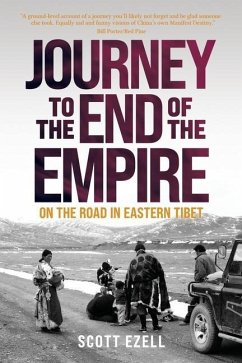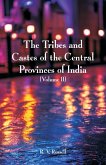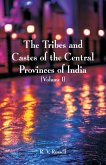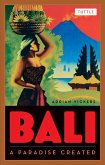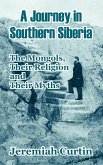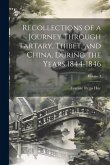On foot, by rattling truck and local bus, by jeep and motorcycle, American poet and musician Scott Ezell explores the Tibetan borderlands. Plotted with a line drawn on a map in Hong Kong, the journey starts in Dali, in the foothills of the Himalaya in southwestern China. The road extends north a thousand miles through towns and villages along the edge of Tibet, finally arriving at Kekexili, the highest plateau in the world, and crossing the Kunlun Mountains. Ezell takes us through landscapes of blond and gold barley fields, alpine meadows ablaze with wildflowers, silver-blue rivers beneath "clouds like burning aluminum," and impossible snow peaks "cracking and shattering into jagged resplendence against the sky." Balancing the epic is the intimate. Fluent in Mandarin, Ezell chats with farmers, shopkeepers, lamas, nomads, and police along way. There is also outrage in Ezell's account, as, over the course of many years and numerous trips, he witnesses the rise of militarization, surveillance, and destructive resource extraction, including open-pit mining and the death of rivers by the blunt force trauma of dams. Readers were first treated to the visceral beauty of Ezell's poetic prose in A Far Corner: Life and Art with the Open Circle Tribe, the story of three years he lived among a community of Indigenous artists on Taiwan's rugged Pacific Coast. The present work continues his exploration of remote peoples and wild landscapes, and reveals an exceptionally talented writer at the height of his craft. Journey to the End of the Empire is both a love song for the earth, and a cry of dissent against environmental destruction, centralized national narratives, and the marginalization of minority peoples.
Bitte wählen Sie Ihr Anliegen aus.
Rechnungen
Retourenschein anfordern
Bestellstatus
Storno

